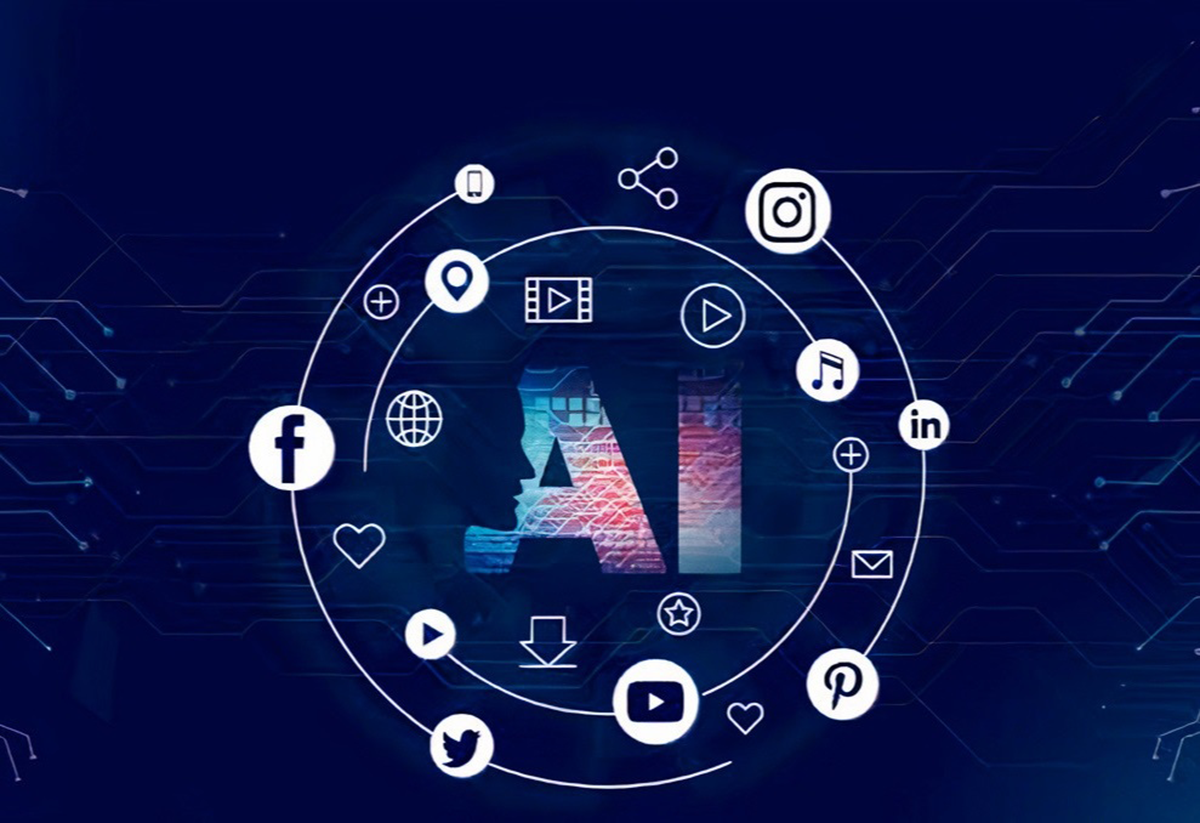
As technology continues to advance, artificial intelligence (AI) is revolutionizing website development. From enhancing user experiences to automating tedious tasks, AI tools and techniques are streamlining the development process and creating more dynamic, responsive websites. This blog explores the latest AI implementations in website development, highlighting their benefits, applications, and future trends.
Understanding AI in Website Development
AI encompasses various technologies, including machine learning, natural language processing, and computer vision, all of which contribute to building smarter and more efficient websites. By leveraging AI, developers can create sites that are not only visually appealing but also capable of providing personalized experiences and improving functionality.
Benefits of AI in Website Development
- Improved User Experience: AI enhances user interactions by personalizing content, simplifying navigation, and providing timely recommendations.
- Efficiency and Automation: AI tools automate repetitive tasks, reducing development time and allowing teams to focus on more strategic initiatives.
- Data-Driven Insights: AI analyzes user behavior and preferences, enabling developers to make informed decisions about design and functionality.
- Enhanced Security: AI can identify and mitigate security threats in real-time, protecting websites from vulnerabilities.
Latest AI Implementations in Website Development
1. AI-Powered Design Tools
AI-driven design platforms, such as Adobe Sensei and Wix ADI, assist developers in creating visually appealing websites with minimal effort. These tools analyze design trends and user preferences to suggest layouts, color schemes, and elements that enhance overall aesthetics.
2. Chatbots and Virtual Assistants
Incorporating AI chatbots into websites allows for real-time customer support and engagement. Tools like Drift and Intercom provide conversational interfaces that can answer questions, assist with navigation, and even guide users through transactions, improving overall user satisfaction.
3. Personalized Content Recommendations
AI algorithms analyze user behavior to deliver personalized content recommendations, increasing engagement and retention. For instance, platforms like Optimizely utilize AI to adapt content dynamically based on user interactions, ensuring that visitors see the most relevant information.
4. Automated Testing and Quality Assurance
AI tools such as Applitools and Test.ai automate testing processes, ensuring that websites function correctly across different devices and browsers. These tools identify bugs and performance issues, significantly reducing the time and effort required for quality assurance.
5. Predictive Analytics for User Behavior
Predictive analytics tools leverage AI to forecast user behavior, enabling developers to create more targeted marketing strategies. By analyzing historical data, these tools help identify trends and preferences, allowing for better decision-making in website design and content creation.
6. Voice Search Optimization
With the rise of voice-activated devices, optimizing websites for voice search is crucial. AI technologies help developers understand natural language queries, allowing them to adjust SEO strategies and content to cater to voice search users.
7. Enhanced Accessibility Features
AI plays a vital role in improving website accessibility. Tools like Accessibility Checker analyze websites for compliance with accessibility standards, suggesting modifications that ensure all users, including those with disabilities, can navigate and interact with the site effectively.
8. AI-Driven SEO Optimization
AI tools like Clearscope and MarketMuse provide insights into optimizing content for search engines. These platforms analyze top-performing content and suggest keywords, topics, and structure that improve search engine visibility and ranking.
Future Trends in AI and Website Development
As AI technology continues to advance, several trends are shaping the future of website development:
1. More Intelligent Personalization
Future AI implementations will provide even more sophisticated personalization, using real-time data to tailor user experiences based on individual preferences and behaviors.
2. Enhanced Collaboration Tools
AI will facilitate better collaboration among development teams by automating project management tasks and providing intelligent suggestions for code and design improvements.
3. Greater Emphasis on Security
As cyber threats evolve, AI will play an increasingly important role in enhancing website security. Future implementations will involve advanced algorithms capable of detecting and responding to potential threats in real time.
4. Augmented Reality (AR) and Virtual Reality (VR)
AI will enhance AR and VR experiences on websites, providing immersive environments for users. This could revolutionize industries like e-commerce, allowing customers to visualize products in their own space before purchasing.
5. Ethical AI Practices
As AI becomes more integrated into website development, ethical considerations will gain prominence. Developers will need to ensure transparency and fairness in AI algorithms to build trust with users.
Conclusion
The integration of AI in website development is transforming how developers create and maintain websites. From enhancing user experience to automating testing processes, AI tools are making the development process more efficient and effective. As technology continues to evolve, staying informed about the latest AI implementations will be crucial for developers aiming to create dynamic and user-friendly websites. Embracing AI not only improves website functionality but also positions businesses for success in an increasingly competitive digital landscape.
